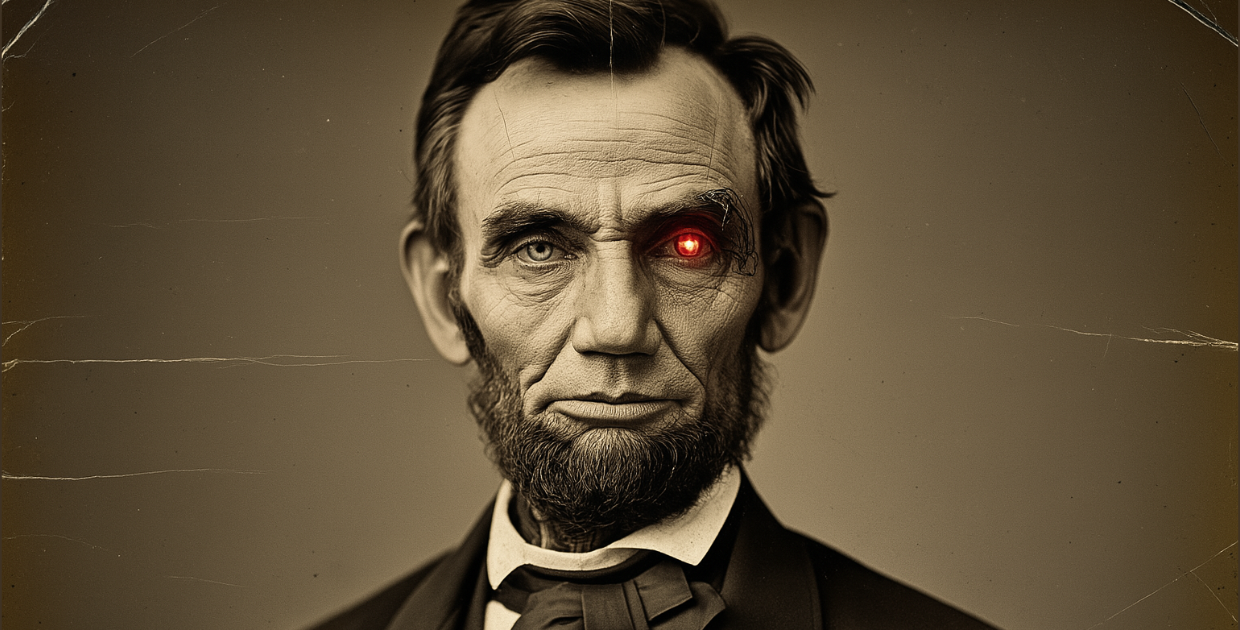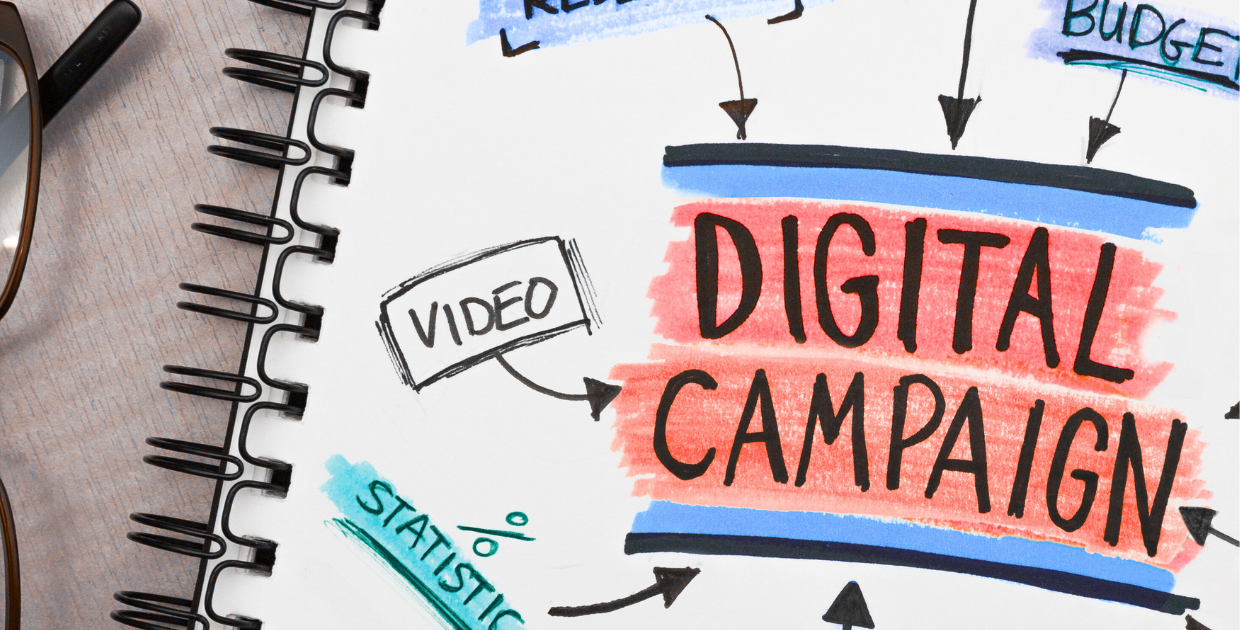Fire up your dial up modems because we’re going old school today – our guest first started working in digital politics back in the 1990s. Colin Delany is the founder of epolitics.com, an award-winning website covering the field of digital politics and online advocacy. He’s also a digital strategist and consultant for campaigns and non profits. Colin is out with the 2023 edition of his book – How to Use The Internet to Change the World and Win Elections





